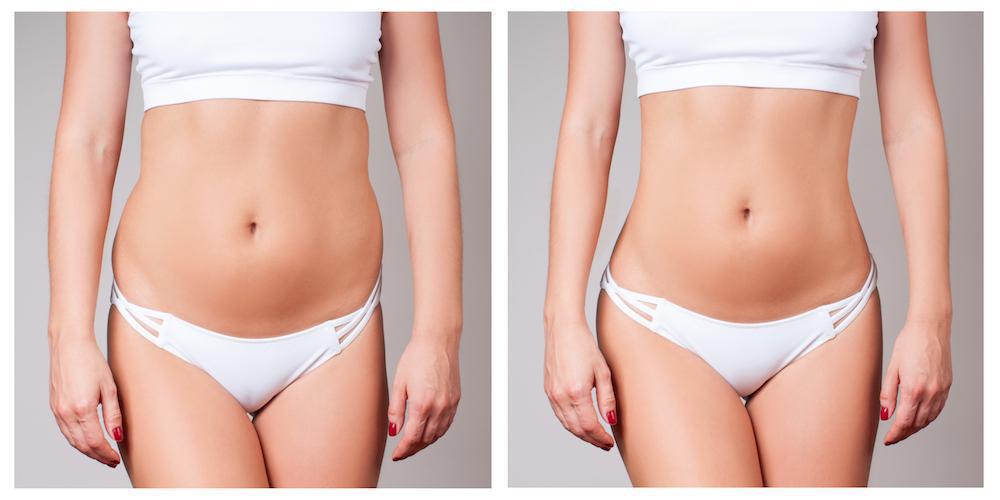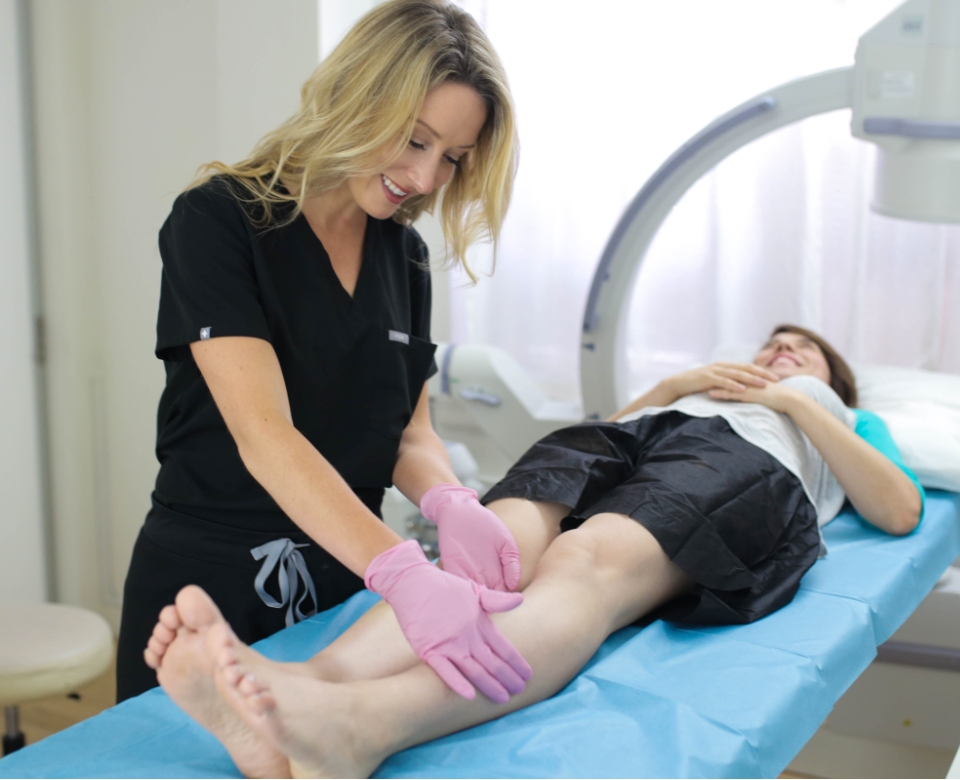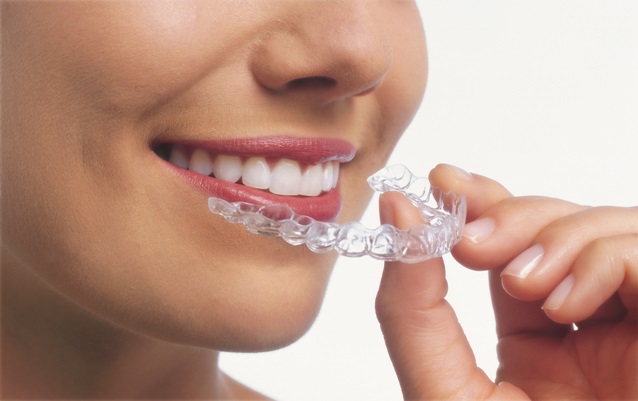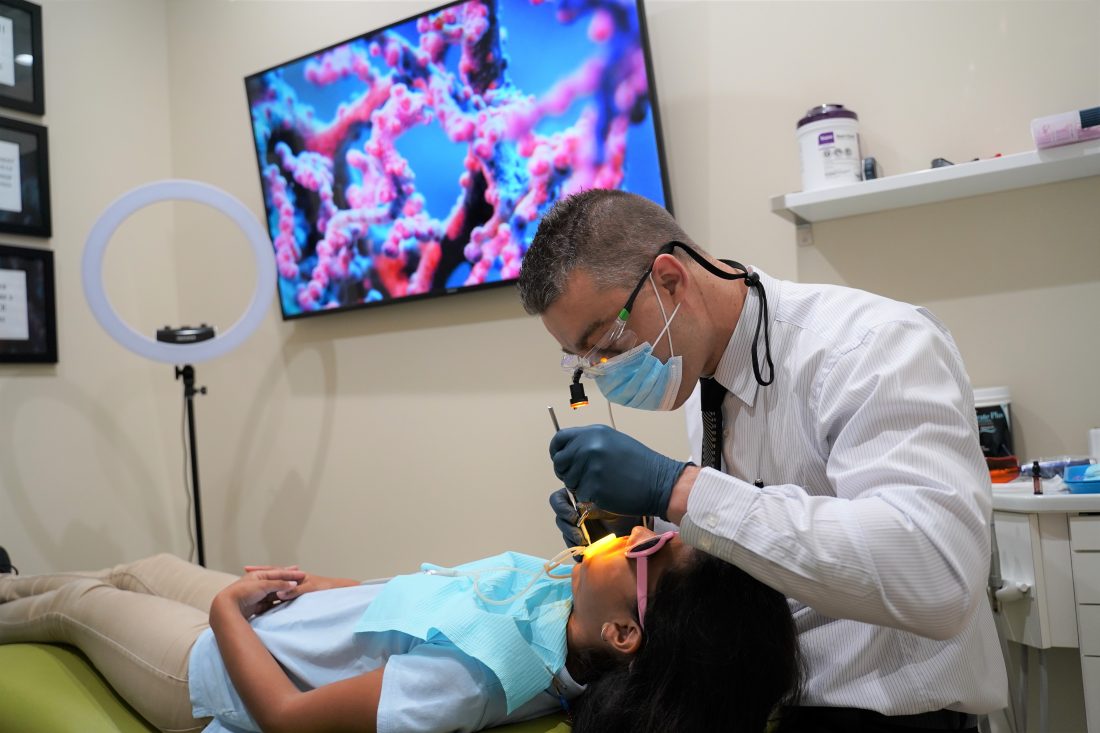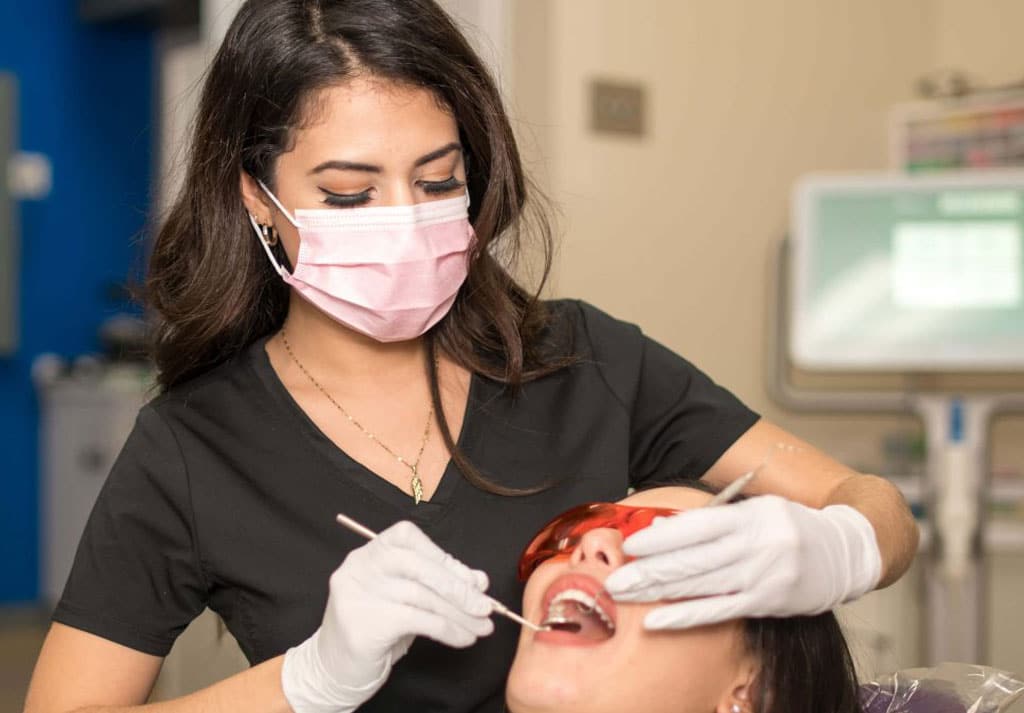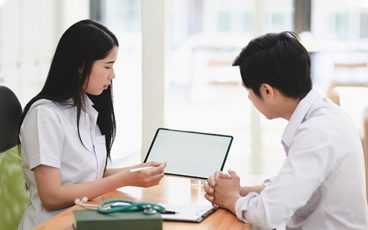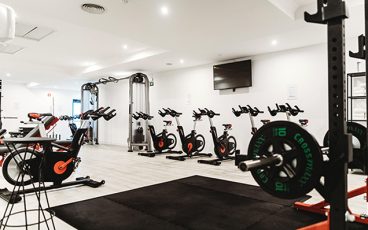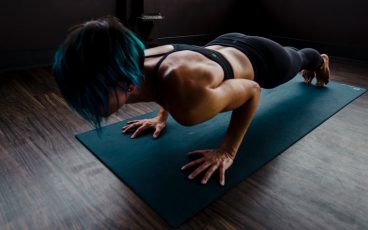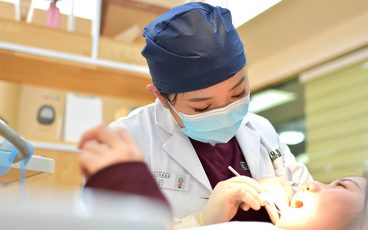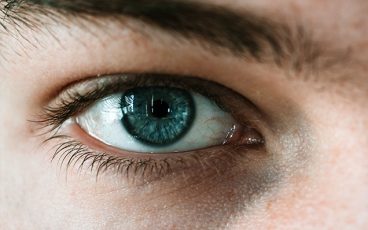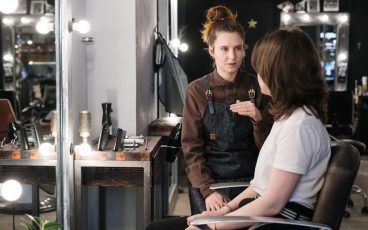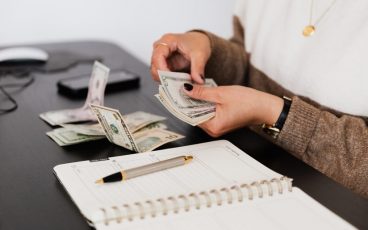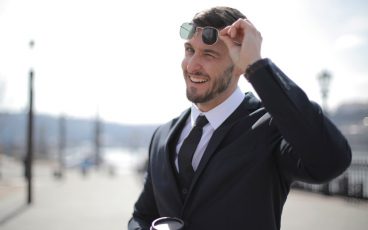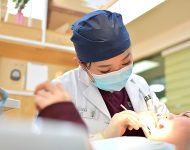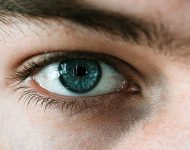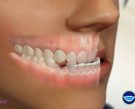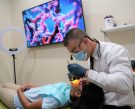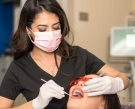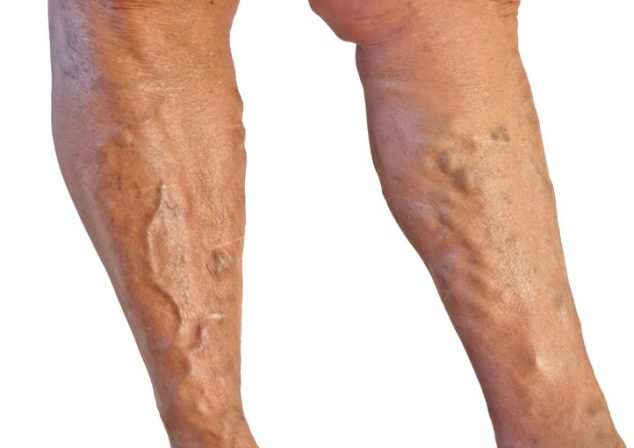
Symptoms of varicose veins
Varicose veins are dark blue or purple with a twisted and bulging appearance. Some people have undergone pain and discomfort in varicose veins, which requires specialists to suggest what to do. It looks ugly in appearance, and people feel embarrassed wearing shorts, swimsuits, or skirts. We have listed some common symptoms of varicose veins are mentioned below:-
- Itching, bulgy and uncomfortable legs
- Swollen legs and feet
- Creates sensation, throbbing or burning in legs
- Itchy, dry, and thin skin influences the vein.
- Muscle cramps, especially at night
- The symptoms mentioned above get worsen, especially in warm weather or you are standing or walking for long periods. You will feel better when you walk around or give some rest to your legs.
Varicose veins generally occur on the lower part of your body, either on the back of the calf or inside your leg. But, often, it can occur in other parts of the body, including
- Gullet
- vagina
- pelvis
- rectum (back passage)
- womb (uterus)
- Skin discolorations and ulcers
If you are worried about varicose veins, consult and discuss your issues with a healthcare professional.
How Common Varicose Veins?
A varicose vein is a common health condition; around ⅓ of adults deal with varicose veins. It is more likely to happen in females during pregnancy rather than in males.
What Are The Causes Of Varicose Veins?
Varicose Vein is a common health condition that can happen to anyone, as there is no specific age limit. Due to weak or damaged walls or valves, the dark blue or purple veins are visible mainly on the legs and feet. Varicose veins aim to collect oxygen from your body, pass it back to your heart, and take oxygen-rich blood to pull and flow backward. This is the reflux process. As a result, the veins grow larger, twisted, and distorted, which leads to varicose veins.
There is a high chance of causing varicose veins when blood pressure increase in the veins. It can develop because of hormonal imbalances in women, excessive weight, obesity, constipation, a tumor, etc. Varicose veins are likely to develop in old aged people, sitting or standing for long periods, in unhealthy lifestyles, or from genetics (family history).
How Are Varicose Veins Diagnosed?
When you start noticing the symptoms of varicose veins (mentioned above), don’t waste time getting a consultation with a doctor. To determine the problem of varicose veins, your healthcare experts ask about your family history, chronic diseases, activity levels, lifestyle, etc. It is a proverb saying that precaution is better than cure; the more time you take, the situation or condition will worsen.
If the condition is severe, the doctor will ask you to perform some physical or medical exam, such as an ultrasound or X-ray, to cross-check how healthy your veins are.
How Much Does Varicose Vein Treatment Cost ? The cost of treating varicose veins may depend on the different cities and how much severe the condition of the patient is, and it ranges between Rs 31,500 to Rs. 84,000.
What is a vein specialist called? A vein specialist is referred as a phlebologist who is well-trained and qualified in venous diseases, including varicose veins, phlebitis, deep vein thrombosis, and spider veins.
Conclusion
Varicose Veins are not a life-threatening disease, so there is no need to worry but be cautious because it can lead to more complications such as skin ulcers, sores, etc. Treatment at the right time is essential; otherwise, it gets complicated as time passes.
0 Comments 809 Views
YOU MAY ALSO LIKE
share
About me
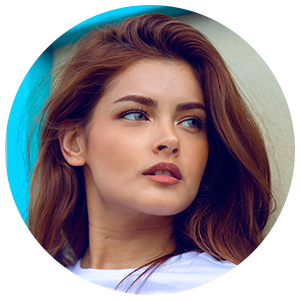
Health And Healthy Tips is Free health blog, If you wish to be part of this blog and want to conribute contents which are interesting for our readers, please contact us.
CATEGORY
- Beauty (19)
- BUSINESS (3)
- Dental Care (186)
- Eye Care (12)
- Fitness (23)
- Healthy Life (179)
- Men's (10)
- Women's (12)

